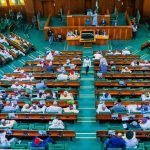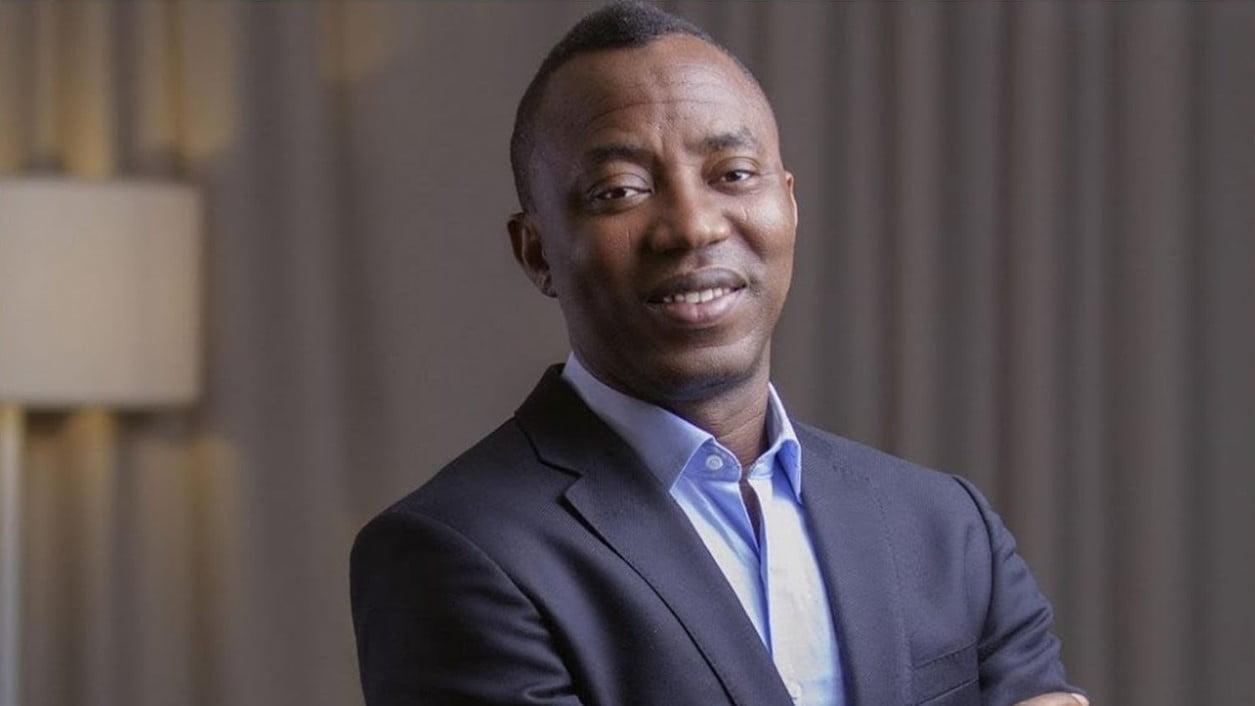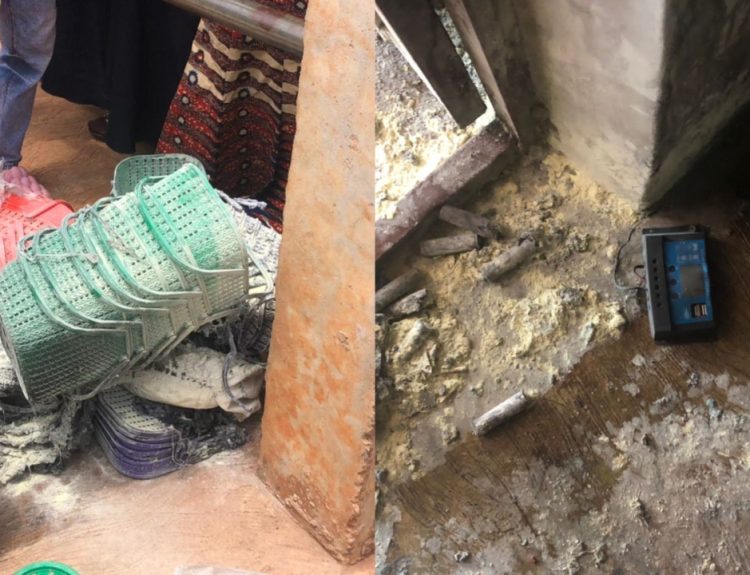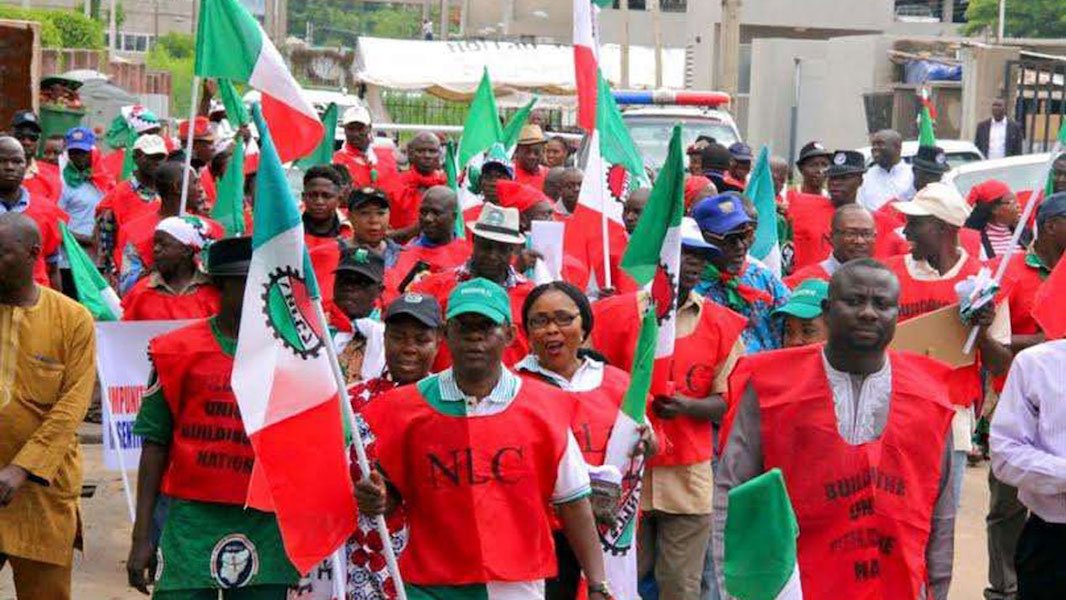The United Kingdom government said Wednesday it was considering a scheme to send rejected asylum seekers to Rwanda voluntarily and will reportedly pay them up to £3,000 ($3,800) to make the move.
The plan, an extension of existing voluntary returns arrangements, comes as ministers struggle to kickstart separate controversial proposals to deport other migrants to the east African nation.
First unveiled in 2022 in a bid to deter tens of thousands of migrants arriving each year on small boats from mainland Europe, that scheme has stalled due to legal challenges.
The government is trying to satisfy a UK Supreme Court ruling that deporting asylum seekers to Kigali is illegal under international law by enacting legislation compelling judges to treat it as a safe third country.
It has also struck a new treaty with Rwanda.
But earlier this year, it also agreed a new deal for the country to receive people whose British asylum applications have failed, The Times reported.
It would see a financial assistance payment worth up to £3,000 — handed out under existing voluntary returns schemes — made to those willing to relocate to Rwanda, the paper said.
Rwanda integration programmes
The plan would be the first time migrants were paid to leave the UK without returning to their country of origin, according to The Times.
It aims to remove tens of thousands of migrants who are not authorised to remain in Britain but cannot be returned to their home country.
“We are exploring voluntary relocations for those who have no right to be here to Rwanda,” an interior ministry statement said.
It noted that 19,000 people were removed voluntarily from the UK in the past year, and such schemes were “an important part of our efforts to tackle illegal migration”.
Rejected asylum seekers cannot work legally in the UK but would be allowed to do so in Rwanda and be eligible for five years of additional support agreed in the 2022 deportation plan.
That includes housing and access to integration programmes to help them study and train.
Rwanda — home to some 13 million people in the Great Lakes region — lays claim to being one of the most stable countries in Africa.
But rights groups accuse President Paul Kagame of ruling in a climate of fear, stifling dissent and free speech.
The country has drawn praise for its modern infrastructure but sparked unease over its record on human rights.
Britain’s main Labour opposition said the latest plan showed the government’s contentious deportation scheme “has no chance of succeeding”.






2 Comments